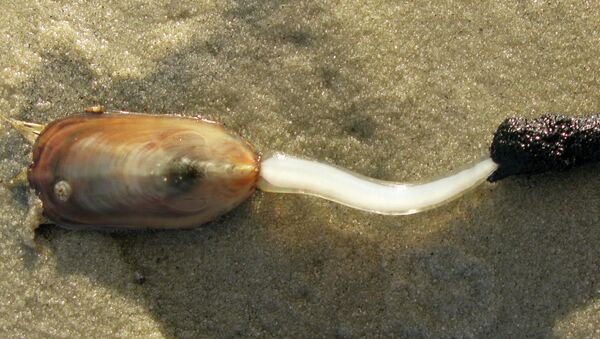The study was led by Yelena Temereva of Moscow State University, who explored Lingula, one of the oldest brachiopods to have survived to the present day.
The Lingula species, which dates back to approximately 600 million years ago, belongs to bilaterally symmetric animals with the lophophore, a special organ that carries tentacles. Previous multiple molecular phylogenetic data showed that "there is no united group of Lophophore animals", according to Temereva.
However, she managed to prove the opposite by conducting the relevant research with the help of immunocytochemistry techniques, laser confocal microscopy, 3D-reconstruction and transmission electron microscopy.
"In view of the fact that there are tentacles in two main trunks of bilaterally symmetrical animals, it is logical to assume that they were in the common ancestor. There were tentacles and the common ancestor of chordates, which include people," Temereva explained.
She voiced hope that the results of the study will further add to the classification of species.
The study was published in the scientific journal PLOS ONE; Temerin's co-author was Evgeny Tsitrin of the Institute of Developmental Biology with the Russian Academy of Sciences.



